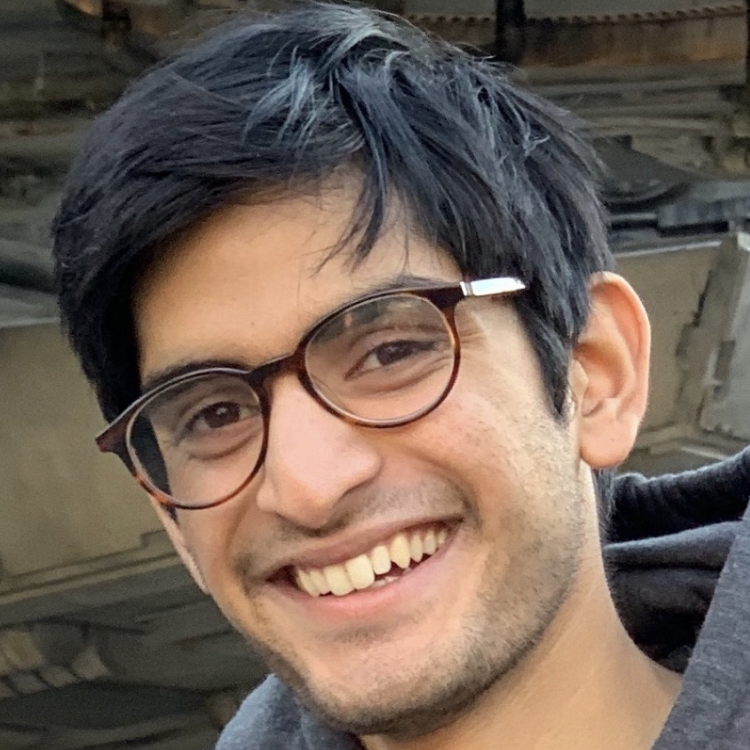The Competition
The purpose of this contest on open-endedness is to highlight the progress in algorithms that can create novel and increasingly complex artefacts. While most experiments in open-ended evolution have so far focused on simple toy domains, we believe Minecraft -with its almost unlimited possibilities- is the perfect environment to study and compare such approaches. While other popular Minecraft competitions, like MineRL, have an agent-centric focus, in this competition the goal is to directly evolve Minecraft builds.
To facilitate the development of submissions, we provide the EvoCraft API: a python interface to Minecraft. EvoCraft is implemented as a mod for Minecraft that allows clients to manipulate blocks in a running Minecraft server programmatically through an API. The framework is specifically developed to facilitate experiments in artificial evolution. The competition framework also supports the recently added "redstone" circuit components in Minecraft, which allowed players to build amazing functional structures, such as bridge builders, battle robots, or even complete CPUs. Can an open-ended algorithm running in Minecraft discover similarly complex artefacts automatically? If you have an API feature that you would like to use that is currently missing, feel free to open an issuee on the GitHub repo.
If you want to get familiar with the notion of open-ended algorithms, this is a good starting point: Open-endedness: The last grand challenge you’ve never heard of.
Submit
Use the EvoCraft API to build your open-ended algorithm that is capable of endlessly generating interesting Minecraft creations. You will find the instructions on how to use it on the API readme.
Each submission must contain:
- Algorithm description: brief description of your algorithm.
- Code to your open-ended algorithm. This may be a link to a GitHub/GitLab repository or a Google Colab notebook.
- Video demostrating the Minecraft creations that emerge from running your algorithm. The video length may be up to maximum 5 minutes. This may be in the form of a link to YouTube or any video hosting plataform. The video should demonstrate that the algorithm can create diverse and increasingly complex artefacts (i.e. showing artefacts from initial and final generations, showing phylogenetic lineages, etc.).
Evaluation Criteria
Submission will be evaluated by a panel of independent researchers based on -but not restricted to- the following criteria:
- Divergence
- Open-ended algorithms are not expected to slow down or converge but rather keep expanding and generating more complex outputs over time.
- Diversity
- Does the algorithm produce entities with strong phenotypic diversity? Both in term of morphology and potentially in terms of functionality (eg. can the algorithm come up with several ways of building flying machines?)
- Complexity
- Can the algorithm produce complex entities or entities interactions that give rise to complex systems? Are hierarchical and modular structures present?
- Ecological interactions
- Do the created entities interact with each other? Do we observe predatory or symbiotic interactions (mutualism, parasitism, etc.) of any form? These interactions may be entity-entity but also entity-environment.
- Life-Like properties
- Inspiration may be taken from other attributes of living systems. For instance: Autopoiesis: entities capable of reproducing and regulate their internal states aimed at maintaining conditions that allow them to survive and reproduce by creating its own parts and eventually further components, ultimately resulting in self-replicating machines. Resilience and adaptation: individuals that are resilient to perturbations of their environment -e.g. obstacles-, or in case of damages to their structure.










